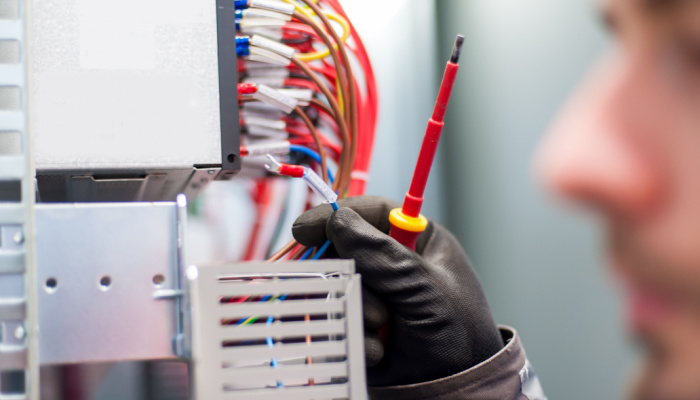
Commercial property owners are bound to follow various rules and regulations specifically formulated for the safety of the occupants. These regulations include the safety of people against any potential risks associated with the energy resources such as gas and electricity.
Commercial property owners are bound to follow various rules and regulations specifically formulated for the safety of the occupants. These regulations include the safety of people against any potential risks associated with the energy resources such as gas and electricity.
Accordingly, a commercial landlord must get his property inspected periodically for all gas and electric installations, fittings, and appliances. The purpose of this inspection is to identify the faults and defects in them. The inspecting engineer can then issue the relevant certificate, which a commercial landlord has to produce to the tenants or display at a prominent place in the building, as the case may be.
Various types of certificates are required for a commercial building, including the electrical safety certificate.
An electrical safety certificate is a legal document indicating that the electrical installations, fittings, and wiring comply with the prescribed standards and are safe for use. It further means that the property is fit for human inhabitation.
A qualified electrician is authorized to inspect your property and if all the parameters are met, he can issue the required electrical safety certificate. For commercial properties, this certificate is valid for five years.
The cost of electrical safety certificates in the UK is variable just like the gas safety certificate cost. It may cost you anything above £ 150, including the repair cost of any faulty installations.
Different laws govern the use of electricity and electrical installations in commercial buildings in the UK. Let's have a quick look at them.
In case of any mishap on your property related to electrical installations that may cause injury or loss of life, you may face legal proceedings regarding the Occupiers’ liability acts of 1957 and 1984.

Under the relevant rules and regulations, as discussed above, a commercial landlord is legally bound to get an electrical safety certificate after a complete inspection of all the electrical installations, wiring, and appliances. He is also bound to keep it updated periodically. Failure to do so may face legal consequences, especially in case of any mishap.
When entering a tenancy contract, a commercial landlord must also produce this certificate to a new tenant. For the current tenants, he must provide a copy of this certificate to them within four weeks of its issuance.
Here are some important points relevant to the electrical safety inspection.
The landlord's responsibility is to protect the occupants of a commercial property. Various laws and regulations bound him to do so. Likewise, safety against electrical hazards is also his responsibility. He is legally bound to get his property inspected by a qualified electrician to ensure that all the electrical installations and wiring are in perfect condition and does not pose any risk to the occupants. An electrical safety certificate is therefore a must-have item for a commercial landlord.
Fill the required information to order a gas safety certificate instantly.
Are you curious about your Gas Safety Certificate? With these simple steps, learn how to check its status and ensure your peace of mind.
Find out why your boiler is vibrating loudly. Explore causes, troubleshooting tips, and the importance of prompt repairs for a quiet and efficient heating system at home.
Gas engineers perform a gas safety check to ensure your gas appliances are safe. Read to learn what more you can expect from the gas safety check.
Learn about the importance of gas safety certificates for landlords and the legal consequences of not having a valid certificate.
Know your tenant rights: How long can a UK landlord leave you without hot water? Stay informed, assert your rights.
Every landlord in the UK is legally bound to follow gas safety regulations as per the Gas Safety (Installations and Use) Regulations 1998.
Fill out the following enquiry form and we will contact you as soon as possible.